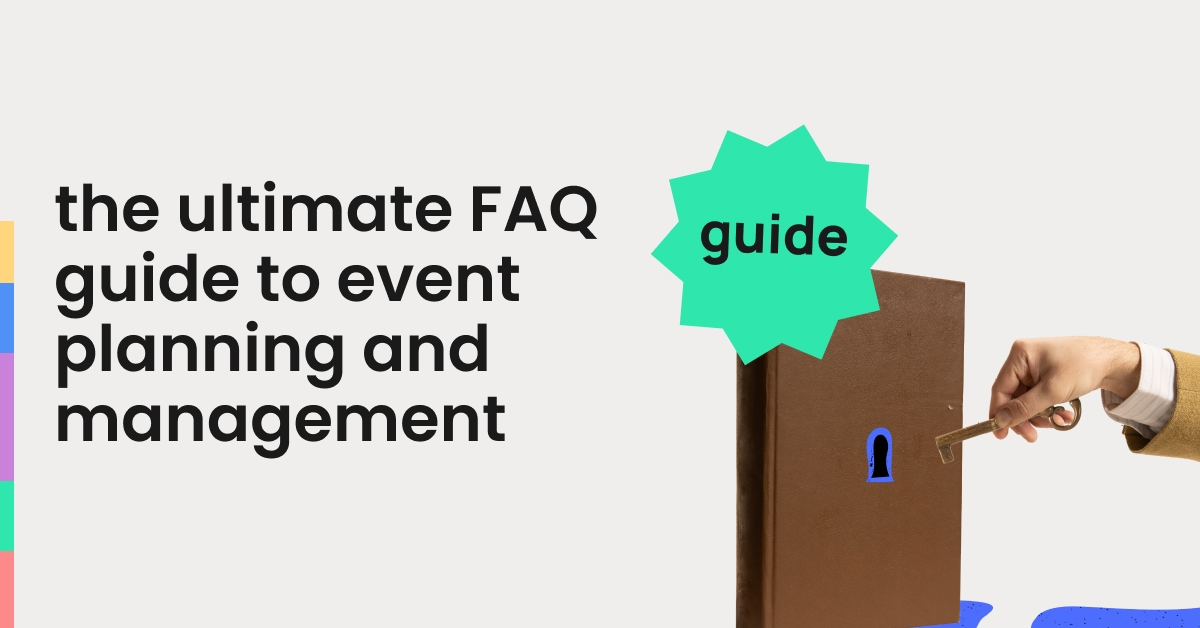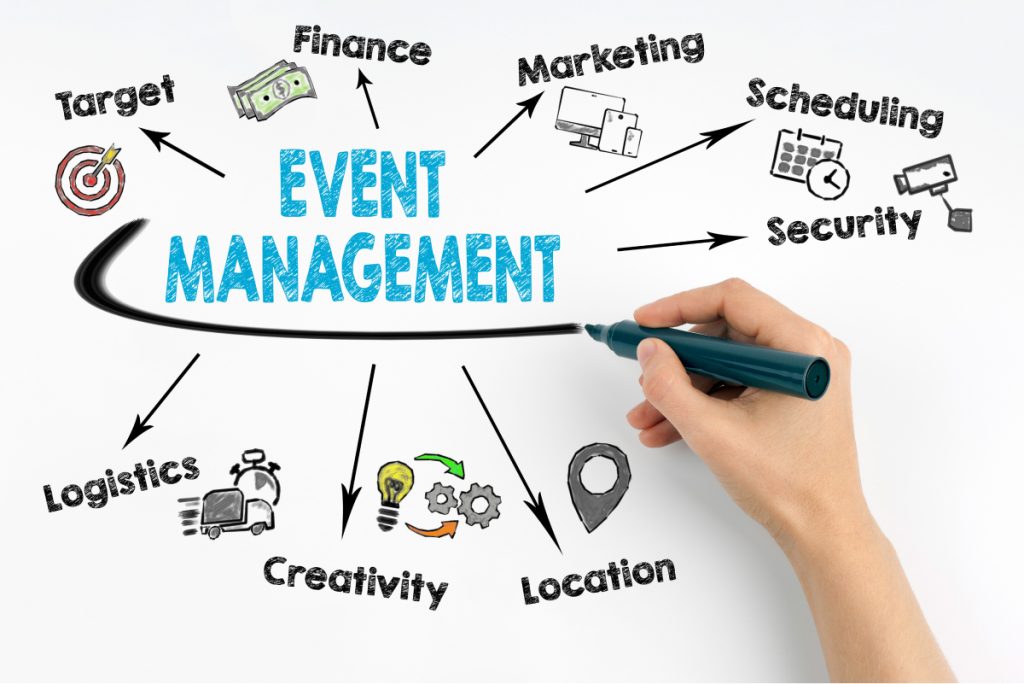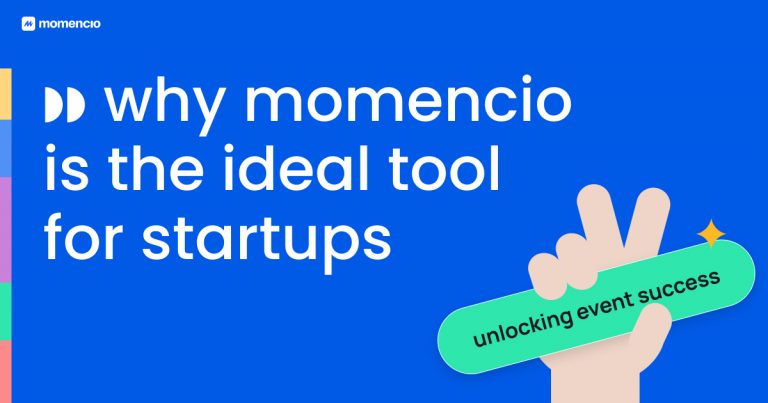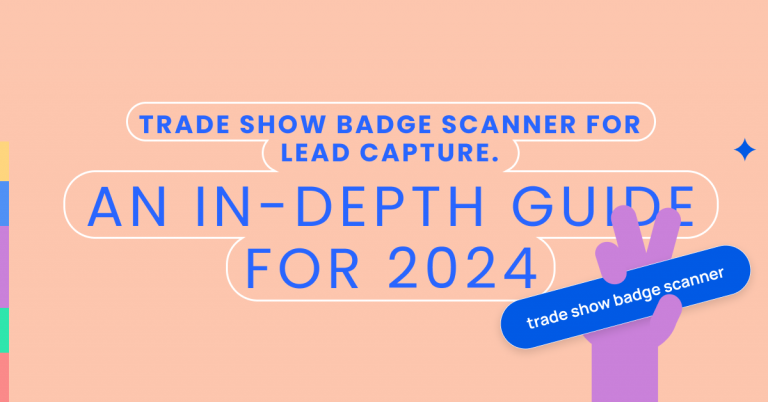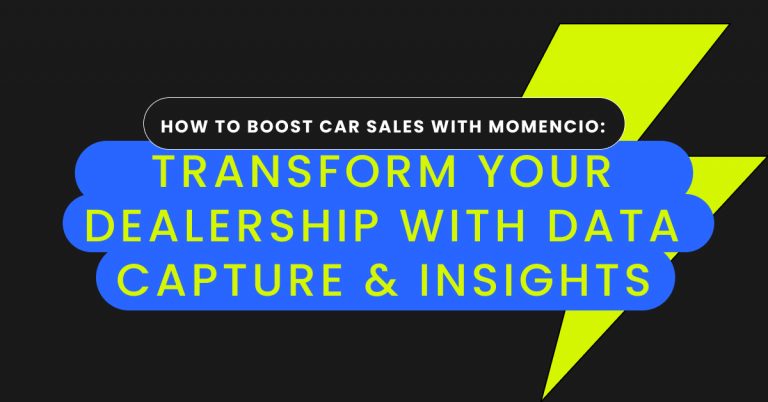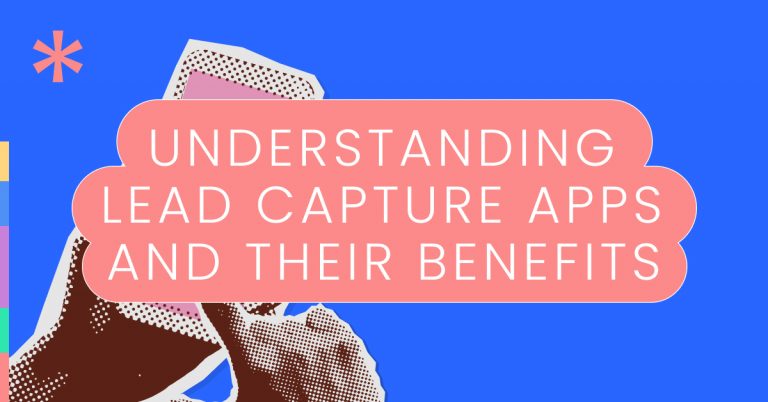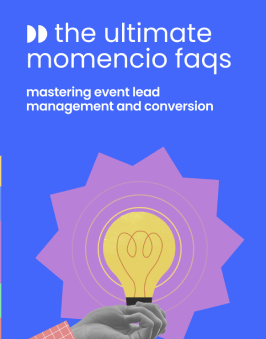Introduction
The world of event planning and management is as dynamic as it is intricate. It’s a realm where creativity meets logistics, strategy intertwines with execution, and every detail counts. This comprehensive FAQ guide is designed to illuminate the facets of event planning and management, providing insights into the industry’s terminology, financial hotspots, technological tools, and methodological frameworks. Whether you are an aspiring event planner, a seasoned professional looking to refine your strategies, or simply curious about the industry, this guide serves as an essential resource for understanding the full spectrum of event planning and management.
Questions
What is the difference between event management and event planner?
What is another word for event management?
What is event marketing software?
What is the Gantt chart used for in event planning?
Which is best for event management?
What does event management include?
What degree do most event planners have?
What are the 3 C’s of event management?
What are the seven (7) stages of event planning?
What are the 5 C’s of an event?
What are the five (5) stages of event management?
What are the six A’s of event planning?
What is the SWOT analysis of an event?
What are 5W and 1H in event planning?
What are the seven (7) P’s of event management?
What skills does an event planner need?
What is the event checklist?
What does an event management software do?
What software do event planners use?
Core Competencies: Skills Every Event Planner Needs
Key skills include solid organizational abilities, excellent communication, creative thinking, problem-solving, attention to detail, negotiation prowess, and adaptability. These skills help navigate the complexities of planning and executing successful events.
Event Management vs. Event Planner: Understanding the Roles
- Definition of Event Management: Event management refers to the process of organizing, coordinating, and running events. It encompasses a broad range of activities such as conceptualization, planning, budgeting, logistics, and execution. Event management often involves a team of professionals who work on various aspects like venue selection, catering, entertainment, and on-site Coordination.
- Definition of an Event Planner: An event planner is a professional responsible for the design, organization, and Coordination of events. An event planner focuses on the specifics of the event experience, working closely with clients to meet their needs and preferences. They handle the finer details, from decor to program flow, ensuring that the event’s purpose is achieved and the client’s vision is brought to life.
- Key Differences Between the Two Professions: The main difference lies in the scope of responsibilities. Event management is a broad term that includes project management for the event and often involves overseeing the more general logistical aspects. In contrast, an event planner typically works on the creative and practical elements of the event, focusing on planning and execution.
Synonyms and Terminology: Expanding Your Event Vocabulary
Event management can also be referred to as event production, event coordination, event administration, and sometimes, particularly in the corporate sector, meetings and events management.
Technology at the Forefront: Event Marketing Software Explained
- Definition and Purpose of Event Marketing Software: Event marketing software is a tool designed to assist in the promotion and management of events. It serves to streamline processes like registration, attendee tracking, event promotion, and analytics. This software often includes features for email marketing, social media integration, and targeted campaigns to attract and engage potential attendees.
- The Benefits of Using Such Software in Event Planning: The use of event marketing software can lead to increased efficiency, better data management, and enhanced attendee experiences. It can provide valuable insights through data analysis, enabling event planners to make informed decisions, tailor marketing efforts, personalize attendee interactions, and, ultimately, maximize the event’s return on investment (ROI).
Planning with Precision: The Role of Gantt Charts in Event Planning
- What Gantt Charts Are and How They Are Utilized for Event Planning: A Gantt chart is a type of bar chart that represents a project schedule. In event planning, Gantt charts are used to visualize the timeline of the event planning process, showing tasks, their duration, and their sequences. They help planners see the start and end dates of elements in the planning phase, dependencies between tasks, and overlapping activities.
- Advantages of Gantt Charts in Managing Event Timelines: Gantt charts offer clarity by breaking down complex event plans into manageable tasks. They make it easy to identify critical pathways and bottlenecks and adjust schedules proactively. Additionally, they serve as a central reference point for the entire event team, ensuring everyone is aligned on deadlines and deliverables.
Choosing Excellence: Selecting the Best in Event Management
When selecting an event management service or platform, consider its track record of success, range of features, user reviews, and cost-effectiveness. Also, evaluate their ability to integrate with other tools, customer support quality, and the scalability of their solutions to suit events of different sizes and complexities.
The Comprehensive Scope of Event Management
- What Event Management Typically Includes: Event management encompasses the strategic planning, creative development, logistical planning, and execution of an event. It involves managing the budget, scheduling, site selection, acquiring necessary permits, coordinating transportation and parking, arranging for speakers or entertainers, arranging decor, event security, catering, coordinating with third-party vendors, and emergency plans.
- The Array of Responsibilities and Tasks Involved: The responsibilities include pre-event planning, on-site management, and post-event activities like attendee feedback collection and event performance analysis. Key tasks involve selecting venues, networking with suppliers, marketing the event, and ensuring compliance with health and safety standards.
Conceptual Cornerstones: The 3 C’s of Event Management
The 3 C’s in event management stand for Concept, Coordination, and Control. The concept involves the initial idea and objectives of the event. Coordination relates to the logistical aspects of organizing the event, and Control refers to the monitoring and managing of the whole process. These elements are crucial because they ensure that an event is well-planned, executed effectively, and aligned with the intended goals.
Phases of Execution: The 7 Stages of Event Planning
The 7 stages of event planning include Research, Design, Planning, Coordination, Evaluation, Implementation, and Follow-up. These stages guide event planners through the lifecycle of an event, from the initial concept to post-event analysis, ensuring a structured approach to creating successful and memorable events.
The Quintessential Elements: Understanding the 5 C’s of an Event
The 5 C’s refer to Concept, Coordination, Control, Culmination, and Closeout. These components ensure that an event is well-conceived, logistics are seamlessly managed, progress is controlled, the event successfully culminates, and there’s an effective closeout with evaluations and acknowledgments. They are essential for a holistic approach to event planning.
Methodological Framework: The 5 Stages of Event Management
The 5 stages of event management involve Initiation, Planning, Execution, Monitoring and controlling, and Closure. Each stage serves a specific function: Initiation defines the event’s purpose; Planning outlines how to achieve the event goals; Execution involves carrying out the plan; Monitoring and controlling ensure the event stays on track; and Closure includes wrapping up and evaluating the event for future improvements. These stages create a framework for successful event management.
Analytical Perspectives: Conducting a SWOT Analysis for an Event
Conducting a SWOT analysis for an event involves examining the event’s Strengths, Weaknesses, Opportunities, and Threats. This analytical tool helps in strategic planning by providing insights into internal and external factors that can affect the event’s success.
The Foundation of Planning: Understanding 5W1H in Event Planning
The 5W1H method stands for Who, What, When, Where, Why, and How. It’s a foundational approach used in planning to ensure thoroughness in covering all aspects of the event. This method ensures that all critical questions are addressed during the planning process.
Strategic Framework: The 7 P’s of Event Management
The 7 P’s of event management often refer to a marketing mix framework that can be adapted for event planning: Product, Price, Promotion, Place, People, Process, and Physical evidence. Each ‘P’ represents a critical area that needs to be considered for the event to meet its objectives effectively.
The Blueprint for Success: Crafting an Event Checklist
Components of an Effective Event Checklist: An event checklist should cover every stage of the event, from pre-planning to post-event activities. Items typically include budgeting, venue selection, vendor contracts, logistics, marketing, attendee registration, and post-event evaluation.
Digital Assistance: The Functionality of Event Management Software
Event management software streamlines planning by automating tasks such as attendee registration, ticketing, scheduling, and analytics. It enhances collaboration and provides real-time updates, which are crucial for decision-making.
Tech Tools for Modern Planners: Software Solutions for Event Planning Including momencio
Event planners today have a suite of software tools at their disposal for streamlined, efficient planning and execution of events. momencio stands out as a multifaceted platform offering features like lead capture, real-time analytics, and seamless CRM integration, aimed at enhancing event ROI. Alongside momencio, planners utilize project management software like Asana for task tracking, Eventbrite for registration, and various social media tools for marketing outreach. These tools work in tandem to ensure a comprehensive and successful event management experience.
In-Depth Look at momencio: The Event Planner’s Digital Ally
momencio is not just another tool in the event planner’s arsenal; it is a comprehensive ally designed to change the way events are managed. With features like intelligent lead capture, real-time analytics, and seamless integration with CRM systems, momencio empowers planners to elevate their events. The platform’s ability to capture detailed attendee insights and automate follow-ups ensures every opportunity is noticed, while its robust data enrichment capabilities mean you can personalize interactions and drive engagement like never before. Embracing momencio means not only streamlining administrative tasks but also gaining strategic insights that lead to more innovative, more effective event planning and execution. Book a demo, and we can show how momencio can help.
Concluding Thoughts on Event Planning Mastery
As we wrap up this exploration into the multifaceted world of event planning, it’s clear that success hinges on a delicate balance of skills, strategic planning, and the right technological tools. With the foundational competencies under your belt, a grasp of the essential frameworks, and momencio by your side, you’re well-equipped to tackle the dynamic challenges of this exciting industry. Whether you’re orchestrating an intimate seminar or a grand-scale conference, remember that the key to success is continual learning and adaptation. May your events not only meet expectations but exceed them, leaving a lasting impression that sets the standard for excellence in the event planning realm.
